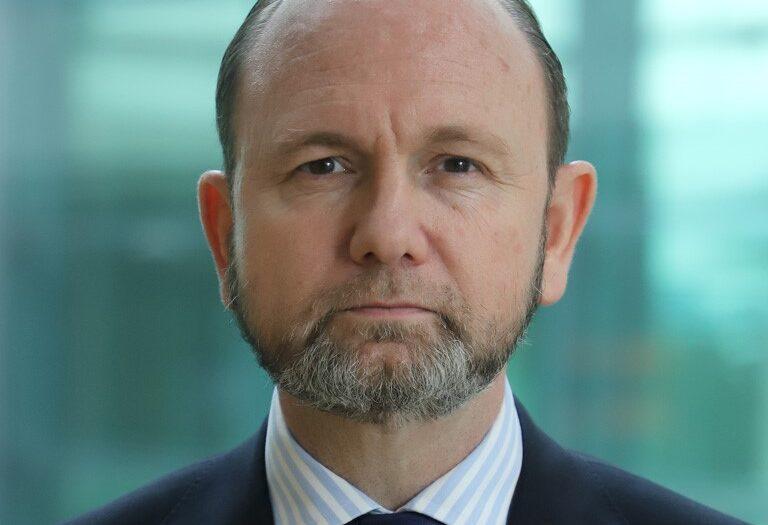Africa-Press – South-Sudan. The World Bank has approved a $120 million International Development Association (IDA) grant to be channelled towards South Sudan’s infrastructural development and strengthening community institutions to address post-flooding impacts.
According to the statement from the World Bank, the minister for finance and planning, Agak Achuil Lual, stated that the funds would improve the delivery of basic services to the less-privileged as well as strengthen pliability to natural disasters.
“The project provides much-needed support for community infrastructure and institutional strengthening. This will help improve basic service delivery, particularly for the country’s most vulnerable populations, and foster social cohesion, which is vital for the development of the country. I am also pleased that the project will help strengthen our resilience to natural disasters, “Agak stated.
The World Bank Country Manager for South Sudan, Firas Raad, said the funds will enhance equitable service delivery, and encounter the negative impacts of floods across the country.
“The ECRP-II will help consolidate the development gains and advance service delivery in an inclusive and equitable manner. It will contribute toward establishing the necessary institutional structures at the national and sub-national levels and enhance the country’s resilience to flooding, “Raad said.
Impacts of disasters
The statement shared by the World Bank defines the South Sudan Enhancing Community Resilience and Local Governance Project Phase II (ECRP-II) as a five-year project that targets 920,000 people in 12 of the 79 counties across the country.
It is aimed at building the capacity of institutions of the local communities by ensuring the provision of electricity, clean water, health care, and education. It will also involve the integration of disaster risk management systems for the communities to better prepare for natural disasters and climate change.
As a result of conflict and natural disasters like floods, millions of South Sudanese have been displaced and stripped of major sources of livelihood, damage has also been caused to physical and social infrastructure.
The World Bank estimates that only 7 per cent of the population have access to electricity, 40 per cent have access to clean water, and 1o per cent have access to improved sanitation.
Concerted efforts
Since 2014, the World Bank has been funding local institutions and promoting social cohesion among communities. In January, the World Bank Regional Director, Ousmane Dione, disclosed to the finance minister that the country was eligible for the IDA19 funds.
In November 2021, the International Monetary Fund (IMF) donated $52 million to South Sudan through the “Rapid Credit Facility Initiative” to limit the impact of the COVID-19 pandemic on civilians. The IMF team called upon the government to start generating non-oil revenue to fund government operations, instead of sole reliance on oil revenue.
For More News And Analysis About South-Sudan Follow Africa-Press






